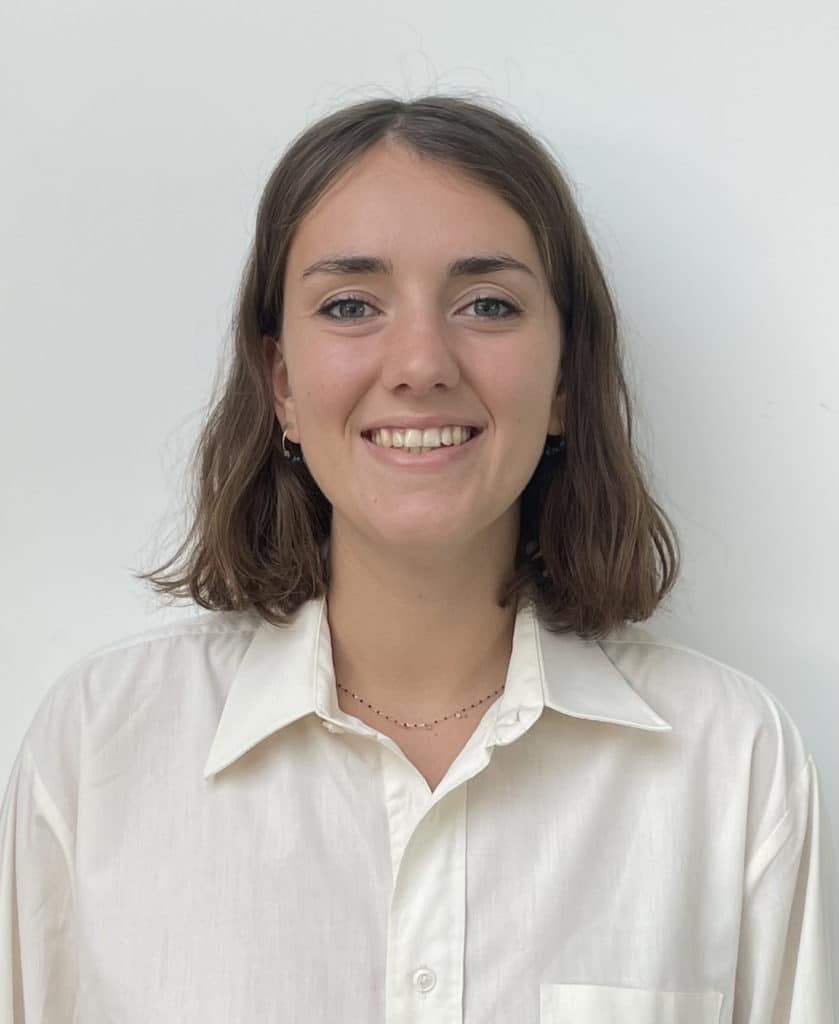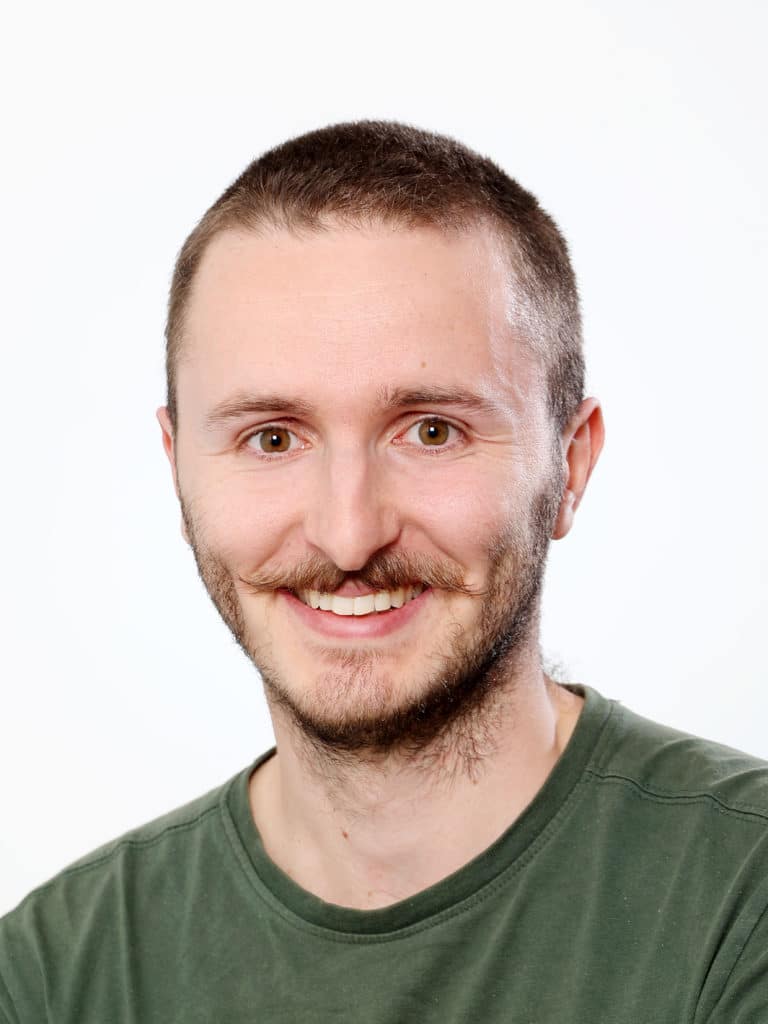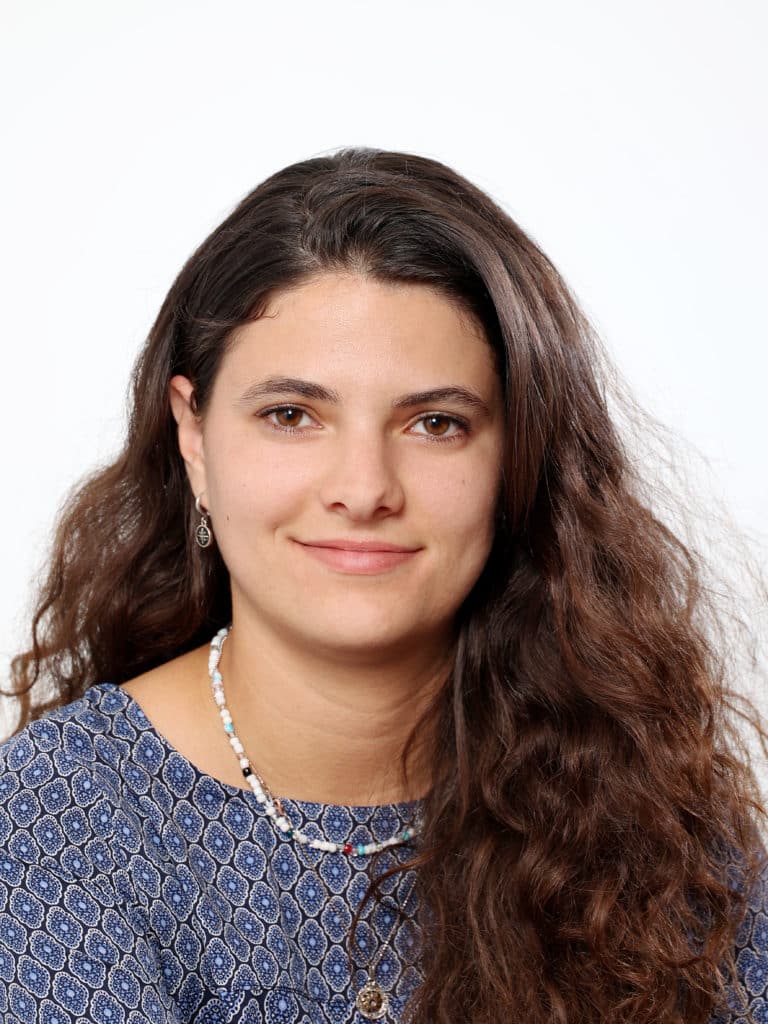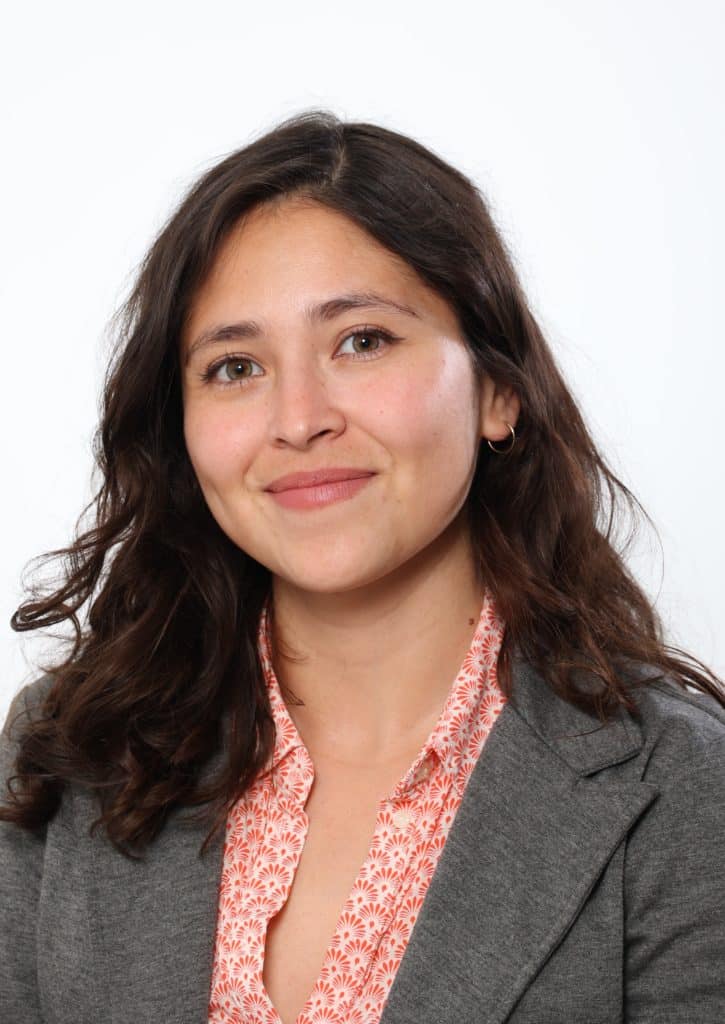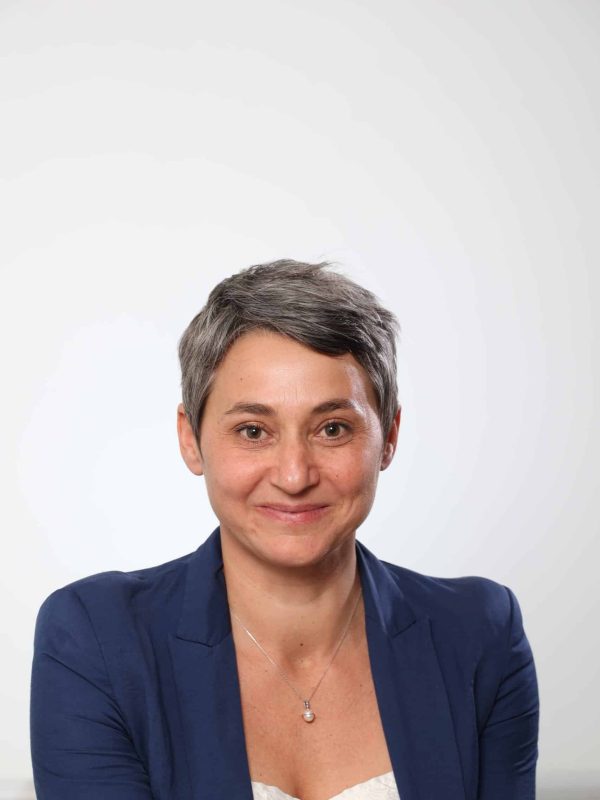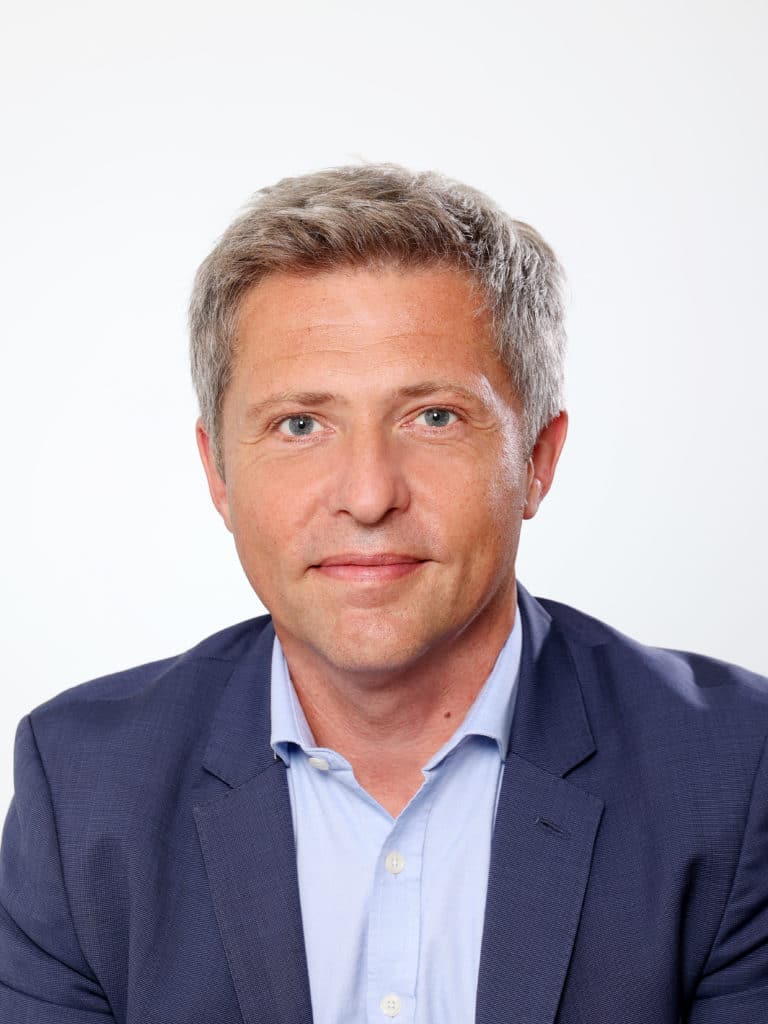Le livret, issu du groupe de travail du PFTV (Partenariat Français pour la Ville et les Territoires) piloté par France Villes et territoires Durables, est désormais disponible en libre accès sur notre boîte à outils !
Elaboré dans le cadre de préparation du Forum Urbain Mondial 12 au Caire, le livret “Limites planétaires : Intégrer l’impact des pressions anthropiques sur la viabilité terrestre dans les politiques territoriales” invite à dépasser l’idée selon laquelle il n’y a pas de limites au développement, et que le changement climatique est le seul paramètre à considérer. Il existe huit autres limites cruciales pour l’habitabilité de la Terre. En adoptant une vision systémique, ce livret met en perspective les besoins sociaux essentiels, ou “plancher social”, et les limites planétaires, ou “plafond environnemental”. C’est entre ces deux bornes que se situe l’espace sûr et juste pour l’humanité.
Les Neuf Limites Planétaires
Les limites planétaires concernent neuf cycles naturels essentiels :
- Changement climatique
- Érosion de la biodiversité
- Perturbation du cycle de l’eau douce
- Perturbation des cycles du phosphore et de l’azote
- Érosion de la couche d’ozone Diminution du couvert végétal
- Diminution du couvert végétal
- Augmentation des particules en suspension dans l’air
- Introduction d’entités nouvelles dans l’environnement
- Acidification des océans
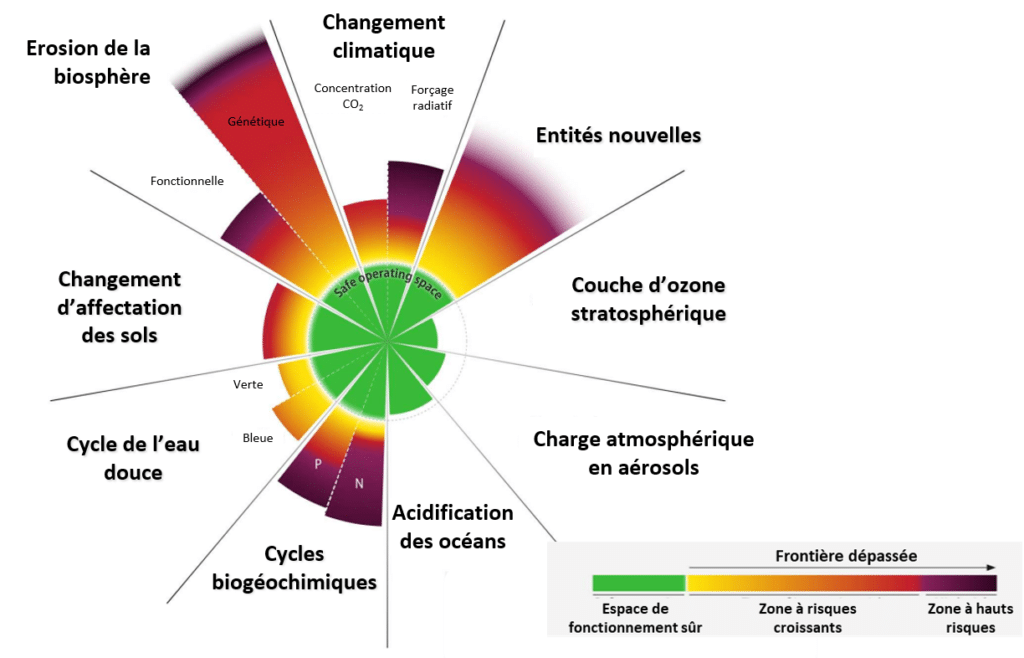
En 2022, des données scientifiques alarmantes ont révélé que six de ces neuf limites planétaires sont déjà franchies. Cela soulève des questions cruciales : quelles limites et redirections de nos activités sont nécessaires pour garantir les besoins essentiels au nord et au sud, tout en assurant l’habitabilité de notre planète pour toutes les générations futures ?
Ce groupe de travail se concentre sur des enjeux critiques tels que la sobriété et la responsabilité différenciée face à l’épuisement des ressources naturelles. Nous abordons également l’accès universel aux services essentiels et l’importance de la ressource en eau, particulièrement dans le contexte des disparités entre pays développés et pays en développement. Le livret vise à encourager les coopérations territoriales, essentielles pour une gestion durable et équitable des ressources naturelles.
En somme, ce livret appelle à une réflexion collective et à des actions coordonnées pour préserver l’habitabilité de notre planète.
Pour aller plus loin...
Découvrez nos travaux en cours sur la territorialisation des limites planétaires.

